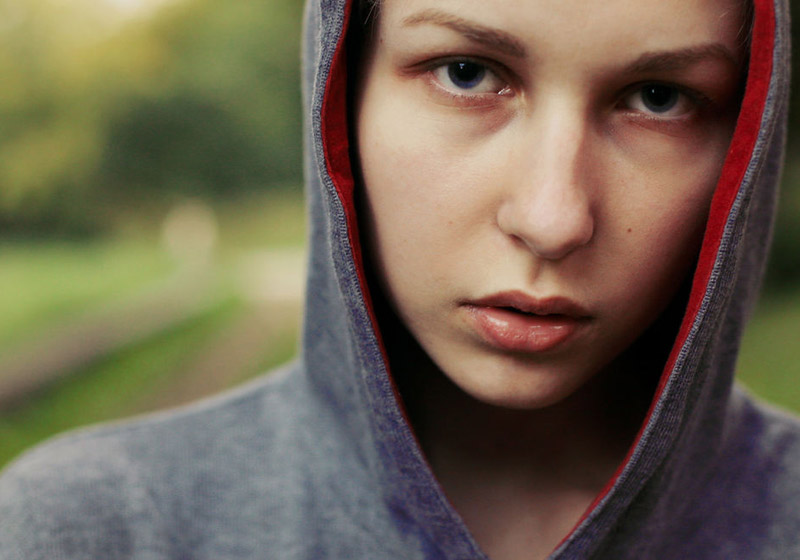Stepping Stones provide support services to women who have offended or who are at risk of offending.
We know that there are lots of reasons that women become involved in offending and often the reasons are all interlinked. We understand that women’s offending can be linked to their experience of domestic abuse and/or alcohol and drug misuse.
We want to help women stop offending and find alternative ways of dealing with difficult situations and know that they have a choice.
- We believe that with the right skills and support everyone can stop offending.
- We believe that women who commit crime often face complex circumstances and are some of the most vulnerable and disadvantaged women in society (MOJ – on working with women in custody and the community, 2017).
- We believe that women’s offending is often linked to experiences of trauma.
- We believe that women who have offended need to be supported differently than men.

Some facts:
- Almost 60% of female offenders have experienced domestic abuse.
- 70.7% of adult women released from custody between April to June 2016 following a short custodial sentence of less than 12 months reoffended within a year
- In June 2018 there were 3,850 women in our prisons
- 24% of women report to have a drug problem when they arrived in prison (in 2017) compared to 18% of males.
Our work:
We work closely with our Probation colleagues in the National Probation Service.
With our partners Advance and Bedford Women’s Centre, we hold a contract with the National Probation Service to provide resettlement support to women and to work with women living in Luton and Central Bedfordshire who are serving community sentences or licences. We work closely with the Probation team and individual women to agree a package of support that meets their needs and will help them to address the issues which influence their offending. We know that an individualised approach works best.
All of the women locally have their appointments with their Probation Officers at Stepping Stones in the friendly welcoming women only environment.
Outcomes for women in custody can be worse than for men. For example, the prevalence of self harm is nearly 5 times higher for women in custody than men. This is why we are involved in the Community Sentence Treatment Requirement (CSTR) Pilot.
This initiative seeks to reduce reoffending by supporting women’s access to mental health and substance misuse treatment in the community through enhanced use of treatment requirements in community or suspended sentence orders.
This is a multi-agency approach working with NHS England, National Probation Service, Her Majesty’s Court Services, East London Foundation Trust and Bedford Women’s Centre.
Other useful information and documents:
In June 2018 the MOJ launched its Female Offender Strategy.
The Prison Reform Trust published its report on women offending and the link with domestic abuse.
The Ministry of Justice published its statistics on women and the criminal justice system. Click here for the report.
